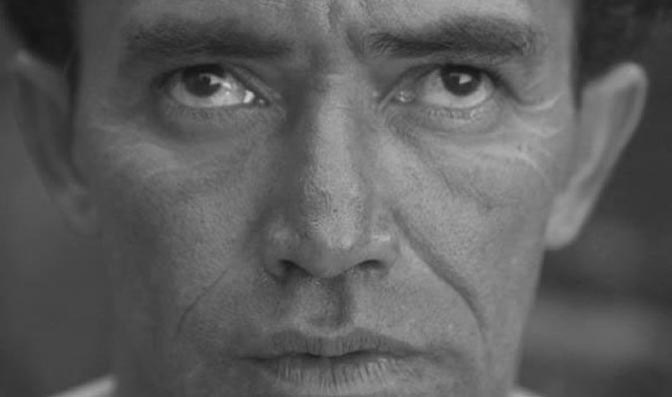
Four Things Agencies Should Know about the Diageo Way of Brand Building (DWBB)
DWBB. Love it or hate it? I’m occasionally asked to speak to agency teams about DWBB. In my experience there is little love for it agency land. Here are the four things to bear in mind if you are considering your agency point of view:
- Not Knowing DWBB is a Competitive Disadvantage
Diageo trained marketing people crop up virtually everywhere on client side. If an agency doesn’t have an understanding of DWBB, then it is at a disadvantage when it comes to working with these ex-Diageo clients. The DWBB process and language is very defined – it’s important to know it so the agency people can be on the same page as the prospective client. Also competitor agencies, who work(ed) with Diageo, are trained in DWBB and that gives them the edge over you.
- Most ‘Corridor Conversations’ in Agencies about DWBB are Negative
My experience is that privately, most agency people roll their eyes to heaven when DWBB is mentioned. The most common agency-side objections are that it is (a.) too prescriptive and (b.) inhibits creativity. This is true if an idea isn’t 100% yet and the client is over-zealous in application of the evaluation tools. But Diageo believe that really good ideas will always get through and it is designed to judge strong, well thought through ideas, rather than nurture ideas under development.
- Diageo (and many, many other clients) love DWBB
Diageo and ex Diageo clients are always a little perplexed at agency negativity. They are trained to believe DWBB:
- Provides a solid framework for strategic thinking
- Doesn’t hamper creativity, it enhances it
- Ensures everything is considered.
- Places rigor on agency thinking
- Delivers great creative
Moreover, they believe that creative development is the ‘fun corner’ of DWBB (compared with GAME Planning or other elements agencies don’t see).
- Agency people should like the principles of DWBB
DWBB was inspired by Proctor and Gamble’s brand planning system. It is a logical and intellectually correct framework for strategic brand planning. It isn’t wrong, flawed or controversial – it’s basic logic. It has inspired loads of other systems with other clients. Every brand planner and account handler should be able to agree with its principles.
Why does it get such a bad rap from agencies?
For me it’s about the peoples reactions around the process similar to the ‘guns don’t kill people, people kill people’ argument:
- Working with Diageo (and ex-Diageo clients) can be demanding – they push agencies on purpose. DWBB often gets the blame where in fact it’s usually a conflict of judgment between an assertive client and hard-pressed agency, within the context of the system. (Fault on both sides there)
- Creative people are divergent thinkers and don’t usually like being told how to think – an agency is a ‘creative space’ and models don’t fit easily in that environment. I think the DWBB-to-Agency ‘interface’ elements could be improved in this regard.
- There are a lot of difficult ‘tools’ with lots of pre-coded boxes (think forms) to fill out. Writing the supporting descriptors into the tools is a difficult skill in itself. Good ideas can be lost by inadequate writing skills (not blaming anyone, its just hard to do well). For the same reason, it can be unforgiving to good ideas that have potential but still are incomplete.
- Finally, and specifically, the ‘Brand Idea’ stage of DWBB can be very, very hard work demanding a high degree of conceptual thinking for creatives and planners. This can be frustrating, even maddening for agencies, particularly if it is proving difficult to crack.
My view, for what its worth
I think DWBB could be improved to integrate more easily into creative work flows. On balance though, I like it as a basic framework and its good to have it as an option in the planning toolbox.
Ciaran worked with Diageo for 10 years, but he’s ok now.